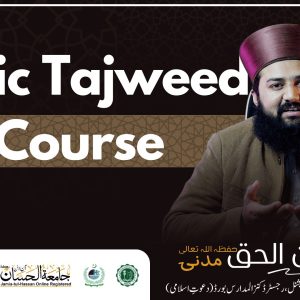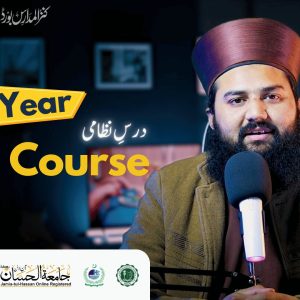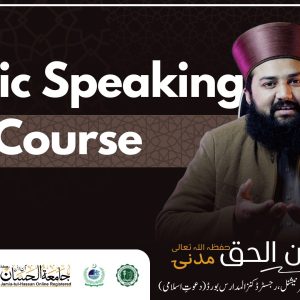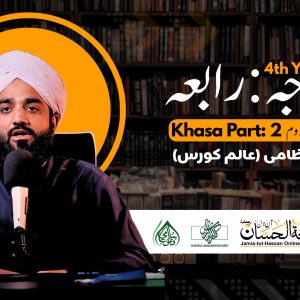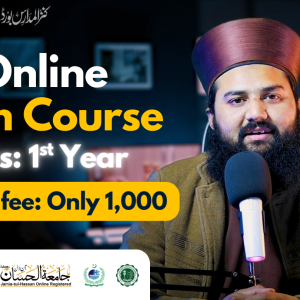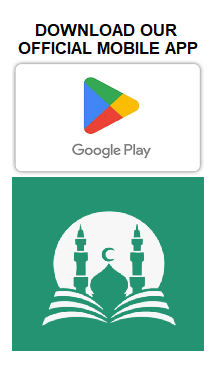Exploring the Benefits of Online Islamic Classes for Adults
In today’s fast-paced world, accessing quality education has become easier than ever, thanks to the internet. For those interested in deepening their understanding of Islam, online Islamic courses offer a convenient and flexible way to learn. Whether you’re a busy adult, a lady seeking specialized courses, or someone interested in free Islamic education, the opportunities are vast and varied.
📚 Explore Our Latest Islamic Courses 📚

📚 Explore Our Latest Islamic Courses 📚
Diverse Course Offerings
Online platforms provide a wide range of Islamic courses tailored to different needs and interests. Whether you are looking for online Quran courses, free Fiqh courses, or specialized Islamic lessons for ladies, there’s something for everyone. Many websites also offer free Islamic courses with certificates, adding a credential to your learning journey.
📚 Explore Our Latest Islamic Courses 📚
Accessible for All
The beauty of e-learning Islam is its accessibility. Online Islamic courses break down geographical barriers, allowing learners from all over the world to engage with Islamic teachings. This is particularly empowering for women, as there are specific online Islamic courses for ladies, ensuring they can learn in a comfortable and supportive environment.
📚 Explore Our Latest Islamic Courses 📚
Affordability

Quality Education
Many online platforms collaborate with renowned scholars and educators to offer comprehensive Islamic studies online courses. The quality of education is comparable to traditional settings, with the added benefit of self-paced learning. Whether you are a beginner or looking to advance your knowledge, these courses provide structured learning paths to help you achieve your educational goals.
Community and Support
Online Islamic classes also foster a sense of community among learners. Discussion forums and interactive sessions allow students to engage with peers and instructors, providing a supportive learning environment. This sense of community can enhance your learning experience, making it richer and more fulfilling.
In conclusion, online Islamic courses provide a flexible, affordable, and comprehensive way to learn about Islam. Whether you want to learn Islam online as a personal journey or pursue formal Islamic education, the options are vast and accessible. Embrace the convenience and start your learning journey today.

